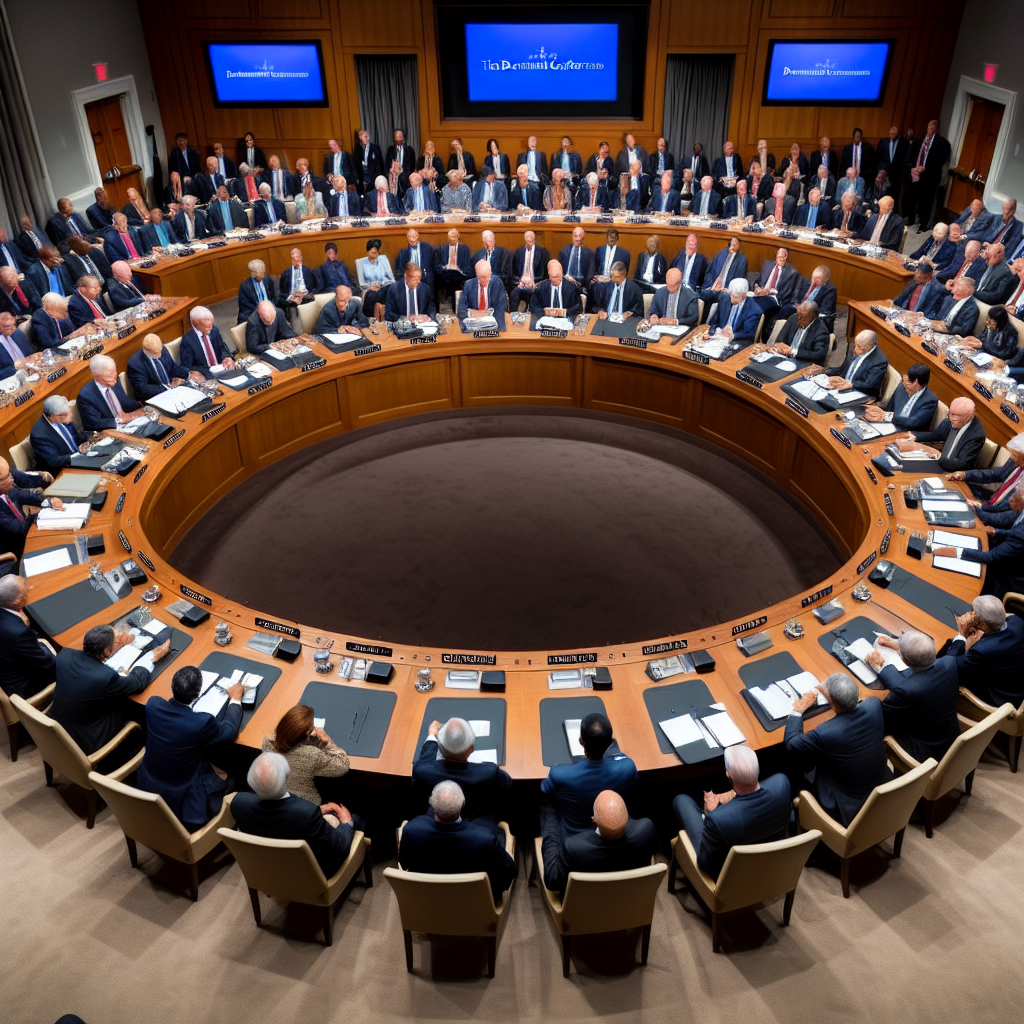The Dartmouth Conference: Birthplace of AI Revolution and Its Complex Legacy
The Dartmouth Conference in 1956 marked the inception of artificial intelligence (AI). This pivotal gathering of computer scientists resulted in the birth of a field that profoundly influences modern technology and human life. Its legacy includes groundbreaking advancements and ongoing struggles with ethical implications and overconfidence in AI development.

- Country:
- Australia
In the summer of 1956, a small gathering at a New England college campus unknowingly set the stage for a revolution. Known as the Dartmouth Conference, this event was a milestone that established artificial intelligence (AI) as a formal field of study.
The conference was organized by computer scientists John McCarthy, Marvin Minsky, Nathaniel Rochester, and Claude Shannon. Their ambitious goal was to make intelligent machines capable of using language, forming abstractions, and solving human-centric problems. This pioneering moment not only coined the term AI but also laid the groundwork for neural networks and machine learning.
However, the legacy of the Dartmouth Conference is complicated. While it has led to astonishing advancements like ChatGPT, it has also fueled unrealistic expectations and misconceptions. Today, we must focus on ethical AI development, augmenting human capabilities rather than replacing them, and managing our expectations to avoid the cycles of hype and disappointment that have previously plagued the field.
(With inputs from agencies.)










